Meta CEO Mark Zuckerberg pushed Facebook and Instagram into a new era when he announced that they would follow in the footsteps of Elon Musk's X, doing away with fact-checkers and other content moderation in favor of community notes and freer speech.
"The recent elections feel like a cultural tipping point towards once again prioritizing speech," Zuckerberg told Fox & Friends on Tuesday.
"So we're going to get back to our roots and focus on reducing mistakes, simplifying our policies, and restoring free expression on our platforms."
Zuckerberg added that fact-checkers "have just been too politically biased, and have destroyed more trust than they've created, especially in the U.S."
So why has Zuckerberg decided to copy Musk's approach with X? Newsweek put the question to experts. Here's what they said.
Michael Haenlein: Facebook Disengaging From Defining 'Truth' Is Better for Business
In my view, this decision is driven by two main factors: The amount of content posted on social media that makes human checking impossible (and hence requires firms to rely on technology/AI for this job) and the increasing difficulty of defining what "truth" even means.
With about half a million comments made on Facebook alone every minute, technology is the only reasonable way to fact-check any information. However, we know that technology is not without error in this task.
AI-based detection works better for some languages than others, is sometimes unable to recognize language changes (e.g., slang) accurately and has issues with humor or sarcasm.
Technology-based checking, therefore, requires setting the lever correctly—are you more conservative (potentially leading to censoring messages that should not be censored) or more flexible (potentially leading to posting messages that should have been removed)?
Facebook is shifting the lever a bit from one direction to another—preferring rather to leave comments online than to remove them maybe erroneously.
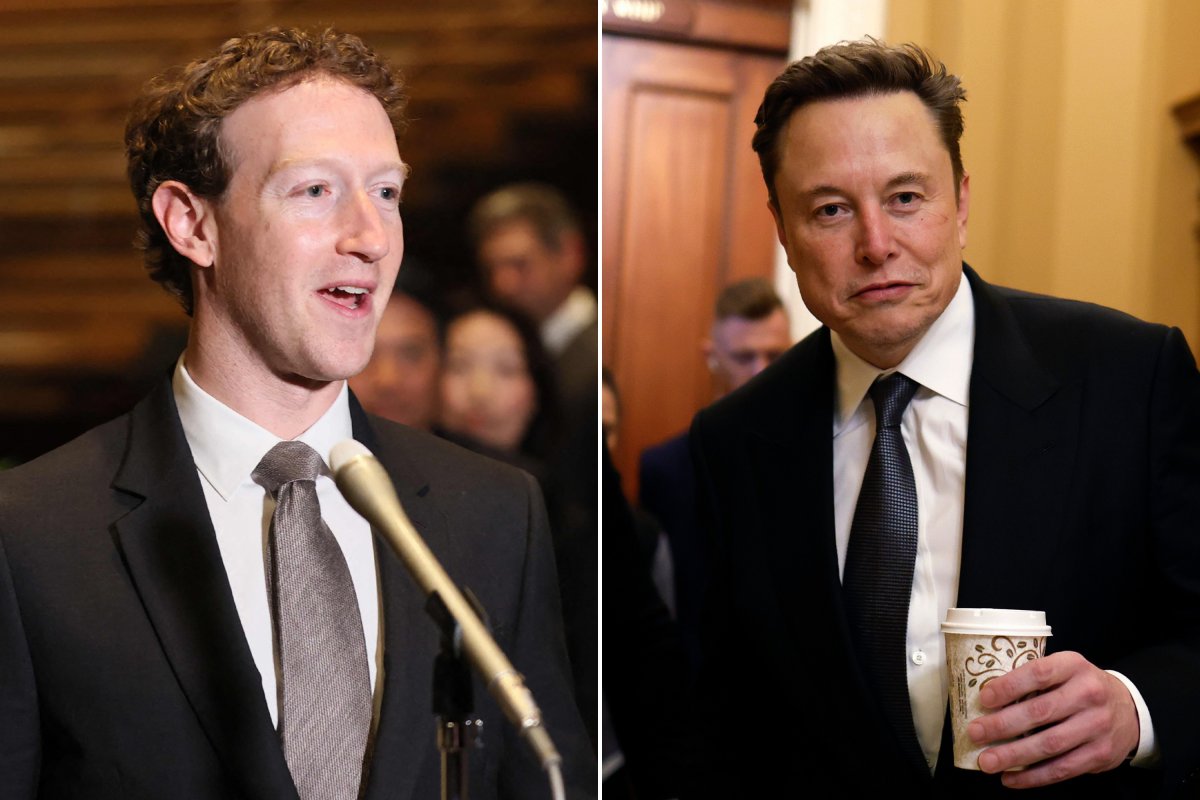
Second, it is increasingly hard to define right and wrong or truth in general. While this is easy for some topics (e.g., the earth is not flat, hence claiming it to be is wrong), it is much harder for others who fall on a spectrum of beliefs and opinions.
In my view, Facebook has decided to disengage itself from this discussion. In a world that is getting increasingly polarized, showing a preference for one option over another (when both can be technically qualified as right or at least not wrong) is bad for business since it annoys some customer groups and potential advertisers (see the example the outcome of the Dylan Mulvaney and Bud Light collaboration).
It is, arguably, also not the job of a platform like Facebook to be the arbiter of these issues.
Looking at the history of content posted by Elon Musk, I do not think Mark Zuckerberg is copying Elon Musk. Based on my reading, Facebook aims to be more neutral or avoid taking a stance on things—while Elon Musk tends to have very clear opinions on some issues over others.
Dr. Michael Haenlein is a professor of marketing at ESCP Business School, president elect-designate of the Academic Council at the American Marketing Association, chair in responsible research in marketing at the University of Liverpool Management School, and an adjunct professor at Trinity College Dublin.
Esther Dyson: It's About Product and the Political Landscape
Good question! And of course the first question is: Why is the question: "Why has one dude copied another dude?" vs. "Why has one product team copied another product team?"
Beyond that: It's basically about the impact of the political landscape—and the decisions of a third dude—on the fortunes of the two companies involved.
Esther Dyson is an investor and philanthropist, and the founder of Wellville.
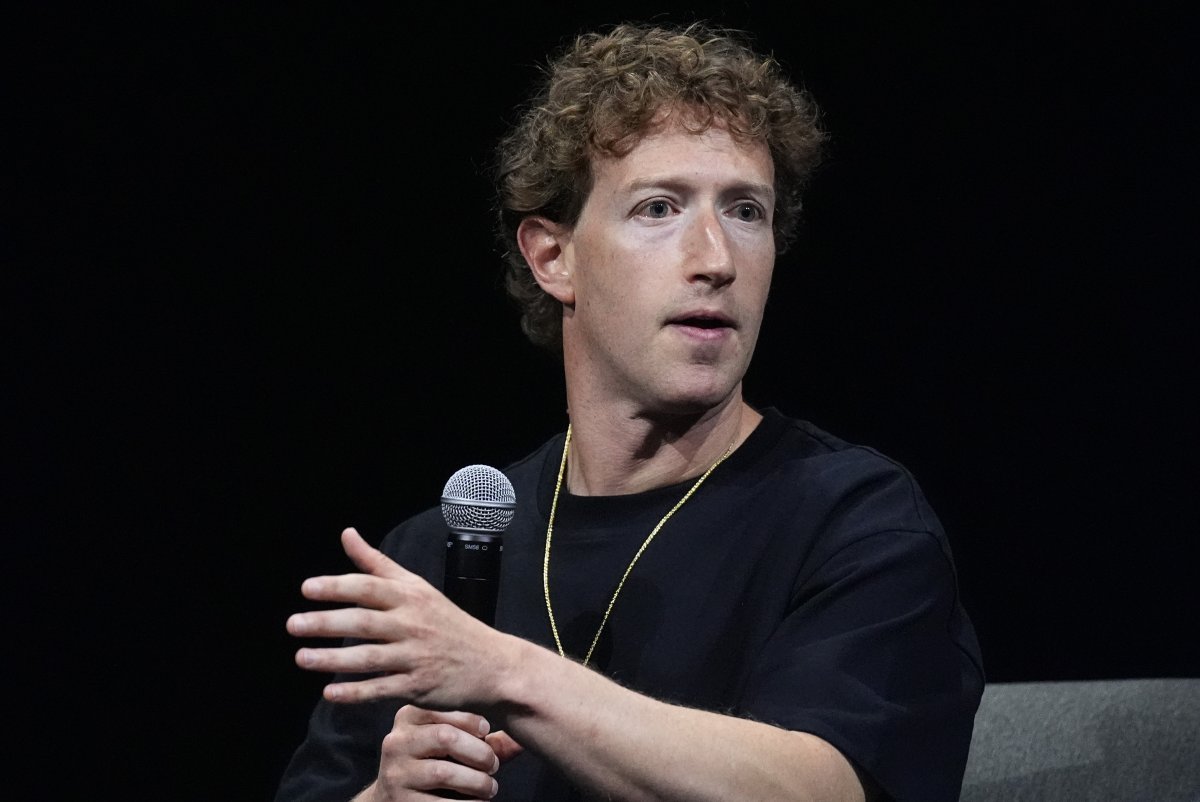
Paul Barrett: Zuckerberg Is Appeasing Trump
Zuckerberg is imitating Musk to curry favor with Trump. The end of fact-checking is a gesture, a message, with an audience of one: Donald Trump.
Zuckerberg is trying to appease a notoriously vindictive and mercurial political leader and dissociate himself from Trump's foes, ranging from "the legacy media" to the Biden administration, both of whom Zuckerberg went out of his way to disparage in his video statement and whom his new No. 2, Joel Kaplan, viciously rebuked on Trump's favorite cable show, Fox and Friends.
Combined with earlier gestures, including Meta's $1 million gift to the Trump inaugural celebration and the placement of a Trump crony, UFC chief Dana White, on the company's board of directors, the end of fact-checking constitutes what Yale historian of tyranny Timothy Snyder calls "obeying in advance."
Zuckerberg's talk of "free speech" could not be more cynical. This is a blatant play for political favor, and the irony is that in the end it probably won't work.
Paul Barrett is the deputy director of the NYU Stern Center for Business and Human Rights.
Sherry Turkle: Facebook Is Irresponsible
Whether or not Elon did it first, the abdication of responsibility of a truth standard for what it presents to its users is dangerous.
Facebook is a major influencer of culture and politics. It did everything to put itself into this position. Once there, to argue that it's not and say that its users are responsible for moving its content in the direction of truth is irresponsible.
The motivations are financial and political. This move de-positions Facebook as a forum for democracy and truth about important matters facing the world (climate, immigration policy, the legality of the US taking over Greenland, Panama, and Canada).
For years, one has wished for better from Silicon Valley capitalists. We are not going to get better.
Sherry Turkle is Abby Rockefeller Mauzé Professor of the Social Studies of Science and Technology at MIT.
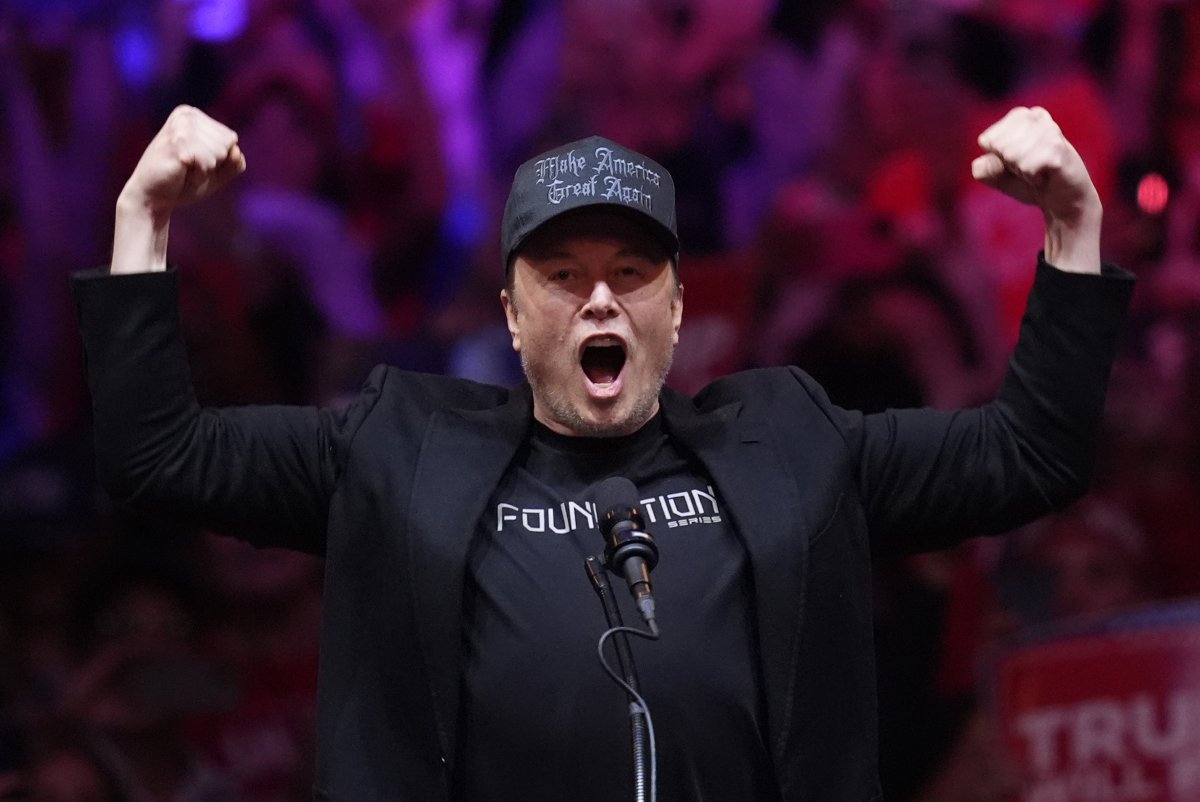
Evan Greer: Billionaires Like Zuckerberg and Musk Act in Their Own Interest
Big Tech social media giants like Meta will always capitulate to the pressures of authoritarian governments if there is money to be made in the process.
We can't and shouldn't trust these corporate monopolies to be the arbiters of truth or protectors of free expression.
In the end, it doesn't really matter what the billionaires who control these companies believe. They will always do what they think is in their own best interest.
We urgently need strong antitrust, privacy, and algorithmic justice legislation to reduce the power of these platforms and create a world where people have real choices for where they express themselves online.
We will never have true freedom of speech or a healthy information ecosystem in a world where online spaces are less like public squares and more like private shopping malls filled with surveillance cameras and advertisements.
We need to imagine an Internet beyond Meta, and build it from the ground up.
Evan Greer is director of Fight for the Future.


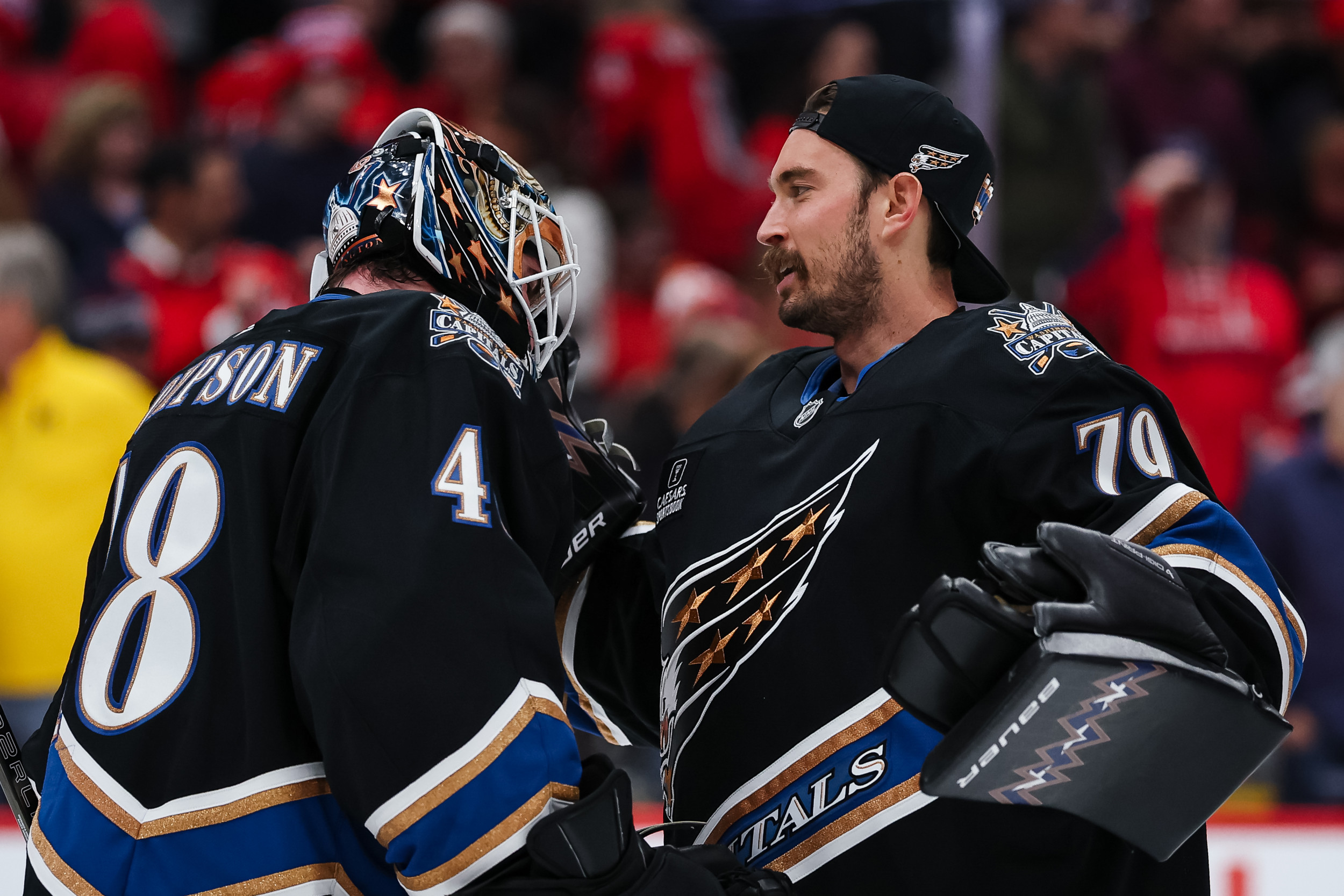








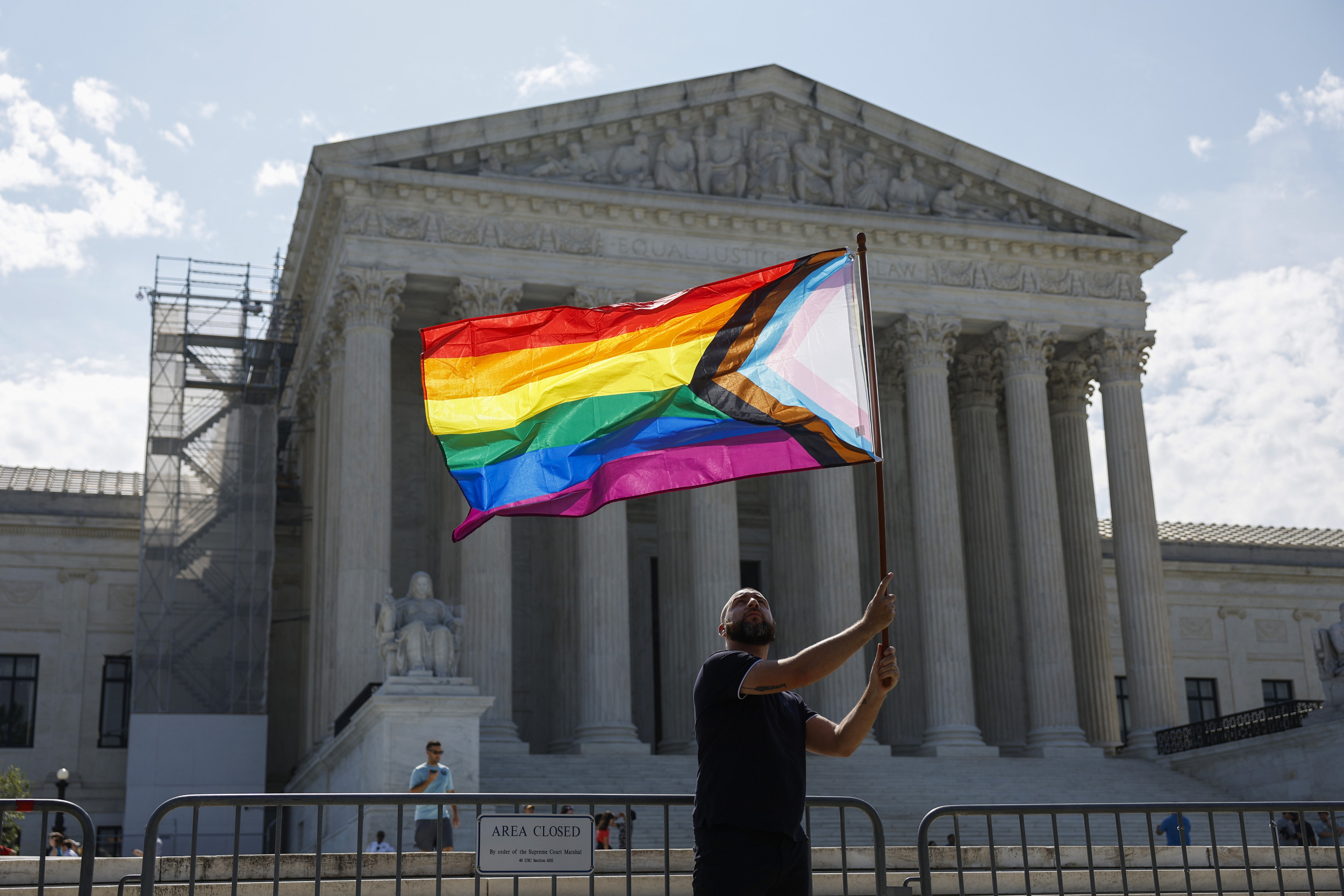








 English (US) ·
English (US) ·